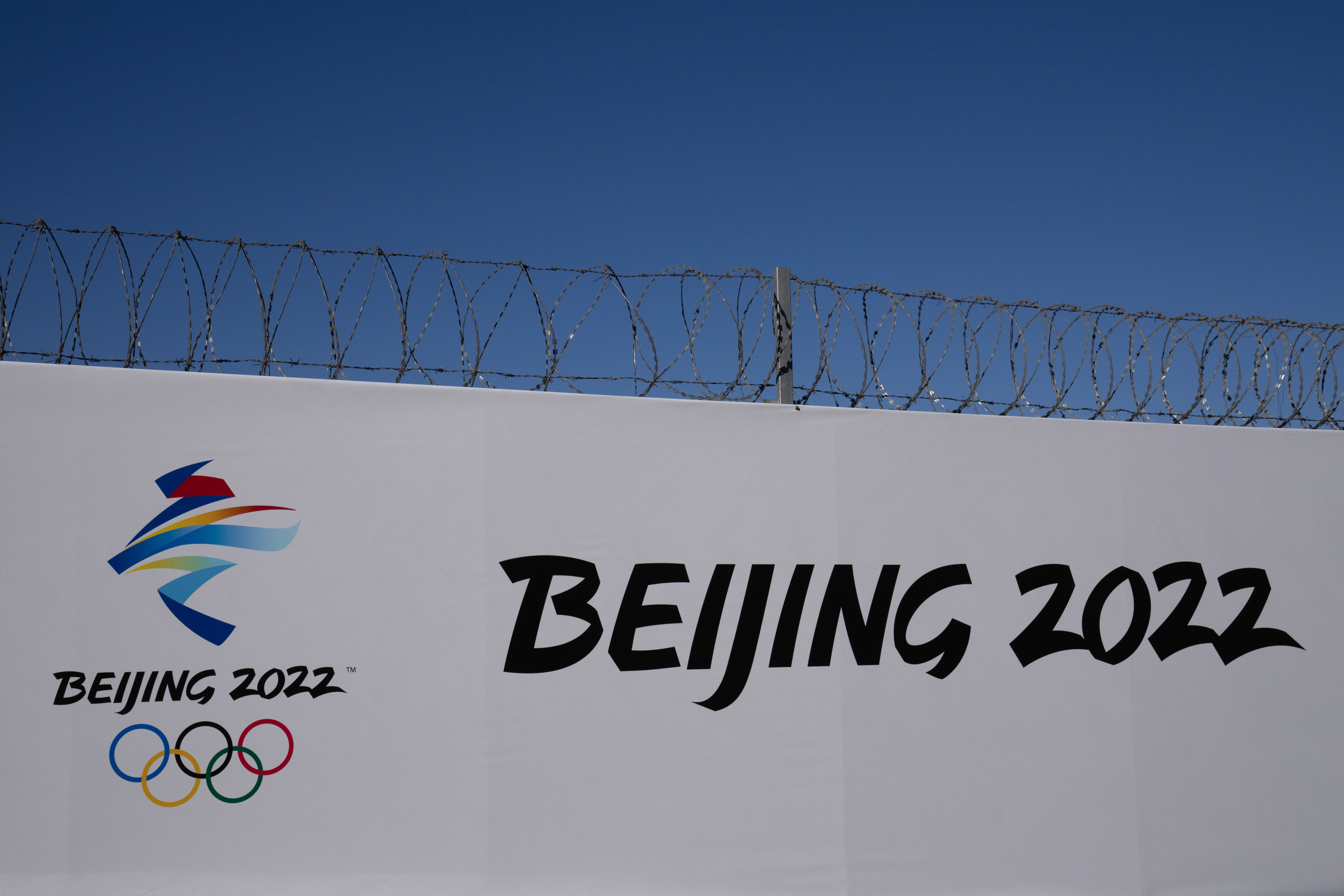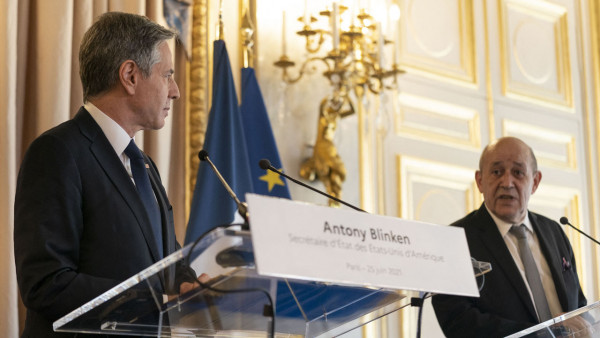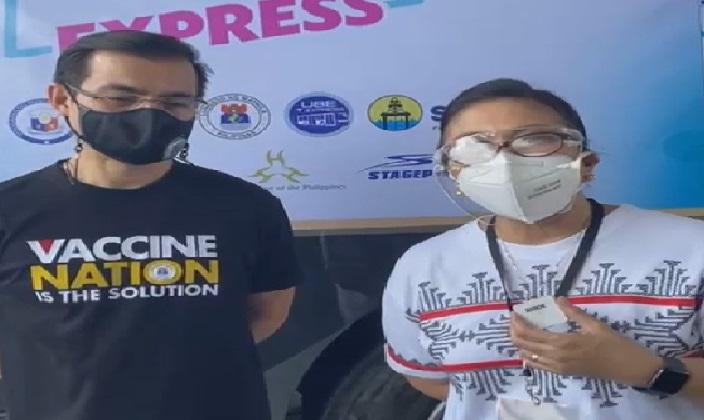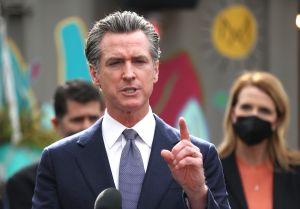Inflation could spike as high as 10% in the coming months, as the fallout from the Ukraine war sends crude oil rocketing and the price of a litre of fuel hovers at around €2.
In just the past week since Russia launched its invasion, European gas prices have more than doubled, coal has surged by 85%, and crude oil has climbed by a fifth.
Kieran McQuinn, economics professor at the Economic and Social Research Institute, (ESRI), said Irish inflation will now spike much higher than previously thought and peak later this year at 8.5%.
The ESRI had previously expected inflation to average 4% this year and peak at 6% in March.
Mr McQuinn said if events in Ukraine become “even more horrific”, pressure could build on EU policymakers to cut the use of Russian gas and oil.
“Who knows under such circumstances what the cost of energy would be in the short to medium term?” he said.
Senior economist Jim Power was even more pessimistic saying inflation could peak at close to 10%.
“There is a distinct risk that oil and gas will remain high for a long time,” he said adding that, in relation to food, inflation is picking up because Russia and Ukraine are big suppliers of food grains.
“Just over two weeks ago I was forecasting an average rate of 4% this year and peaking in February or March at around 6%,” he said.
“It is now likely it is going to peak at close to 10%.”
While Russia faces a barrage of sanctions designed to isolate its economy, they exclude its exports of gas and oil because Europe needs the Russian fuel to power its economy.
Experts estimate that western European countries are paying €700m a day to Russia for their energy supplies, effectively blunting the effects of Western sanctions.
Tánaiste Leo Varadkar confirmed the Government is looking at reducing excise duties on fuel and energy supplies here given how they have been impacted by the Ukrainian invasion.
More than a third of the average cost of a litre of petrol goes on excise duties.
Taoiseach Micheál Martin chaired a ministerial meeting on the latest situation in Ukraine and its potential implications for Ireland.
The meeting heard that the economic aspects of the crisis, including sanctions and possible counter-measures, will be significant, potentially impacting inflation and critical supply chains, and will require “innovative” responses.
With more than 450 Ukrainians having fled the war to Ireland already and thousands more expected, ministers agreed on a number of actions including arrangements to coordinate offers of practical assistance.
Departments and agencies are preparing for significant numbers seeking protection here.
While the bulk-leasing of hotels is the preferred accommodation, it is understood the Government is also looking at the possibility of using modular houses for those who come here from Ukraine.
Other areas being examined include psychological, health, and educational supports.
Foreign Affairs minister Simon Coveney confirmed EU ministers unanimously agreed to activate the EU Temporary Protection Directive for the first time.
“It facilitates all refugees fleeing Ukraine to come to all 27 member states and be fully protected and supported,” he added.
There was rare good news for the beleaguered Ukrainian people yesterday evening as Russian and Ukrainian negotiators agreed on the need for humanitarian corridors and a possible ceasefire around them for fleeing civilians.
While Russian negotiator Vladimir Medinsky said the talks had made “substantial progress,” Russian invasion forces still surrounded and bombarded Ukrainian cities as the conflict entered its second week.
A Ukrainian negotiator confirmed that while the talks had not yielded the results Kyiv had hoped for, the two sides had reached an understanding on evacuating civilians.
Both parties confirmed a third round of talks will be held soon.
Note: This article have been indexed to our site. We do not claim legitimacy, ownership or copyright of any of the content above. To see the article at original source Click Here













